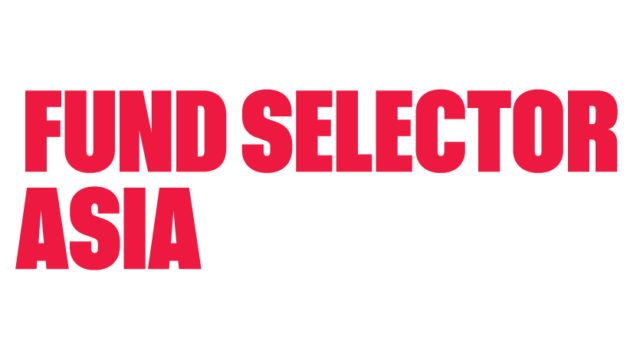The clients were brought in through Brunner, who started at Trilake Partners in July this year. Previously he was at Credit Suisse for 23 years, where he built a network of Chinese entrepreneurs through his work in corporate and investment banking and in promoting Switzerland as an investment site for Chinese entrepreneurs, he said.
He declined to say how many mainland clients Trilake has taken on. However, he said they were working in China’s new economy, “in industries such as healthcare, medical, biotech, environmental technology and ecommerce and some are in the real estate industry.
“Their businesses are growing very fast compared to the old economy and they are generating substantial cash flows. Also the second generation is increasingly taking over the businesses from their parents.”
Tighter regulations
Singapore has said recently it is stepping up regulation of the financial industry, particularly anti-money laundering rules, which presumably would apply to background checks on new wealth management clients.
Mainland clients apparently face higher hurdles. Bringing a mainland client into Hong Kong involves “enhanced” know-your-customer practices, to statisfy regulatory demands about where the potential client accumulated his net worth, according to Wing Lung Bank.
Wendy Tsang, vice chair of Hong Kong’s Private Wealth Management Association, said it can take three-six months for a wealth manager to bring in a new client, but mainland HNWIs usually take six months, Asian Investor reported.
However, Brunner said he didn’t face any big obstacles.
“KYC and AML checks get done within days not months, no matter if the client is Chinese or Swiss or Singaporean,” Brunner said.
“Regulatory hurdles were not an issue. They are the same as in any other country, so long as the documents provided were accurate.”
HNWI look offshore
UBS AM estimated that China has one million high net worth investors with around RMB 30trn ($4.5trn) in assets and has noted, along with other wealth managers such as Standard Chartered, that investors are seeking offshore diversification.
Brunner agreed, adding that his own clients are looking offshore for wealth protection. “For offshore investment, it’s for diversification of their assets and especially to protect their wealth. In China, they have concerns about the rule of law and stability. There is also a stronger need for succession planning to pass on the wealth within the family.
“Growth investments with higher risk are typically for the home market, which they understand well.”
The offshore allocation preferred by Chinese investors includes the traditional preference toward real estate, mainly through direct investment, however it could also be through funds or through REITs, he said. Private equity funds are also popular.
“For equity exposure, the preference is through funds. Themes are very focused on healthcare or technology. On the bond side, high yield is a topic, especially with the opportunity to leverage [currencies].”
Capital outflows restricted
Chinese authorities, however, have been clamping down on capital outflows due to concerns over capital outflows. The QDII program, for example, which allows domestic investors to invest offshore, has had no new quotas issued since March 2015.
Mainland investors have to go through the State Administration of Foreign Exchange (SAFE) to get approval to invest abroad, Brunner said.
“It has become more restrictive the last few months. But now we can see capital outflows decreasing and the RMB stabilising, so authorities might become a bit more relaxed again.
“Foreign exchange is a concern, that’s clear. But we’re confident it will become easier as China continues to open its markets.”

















